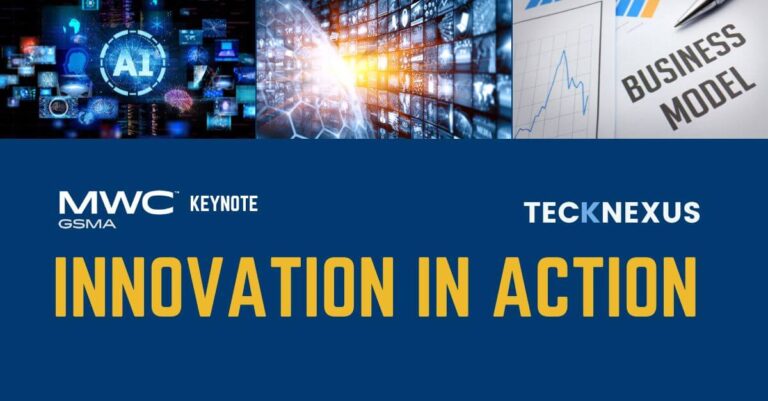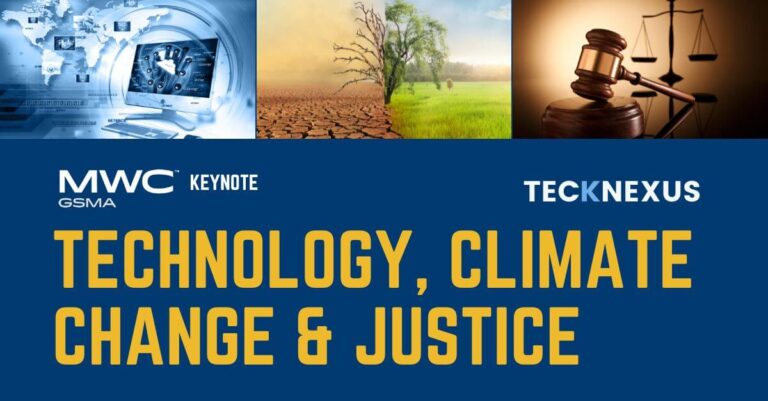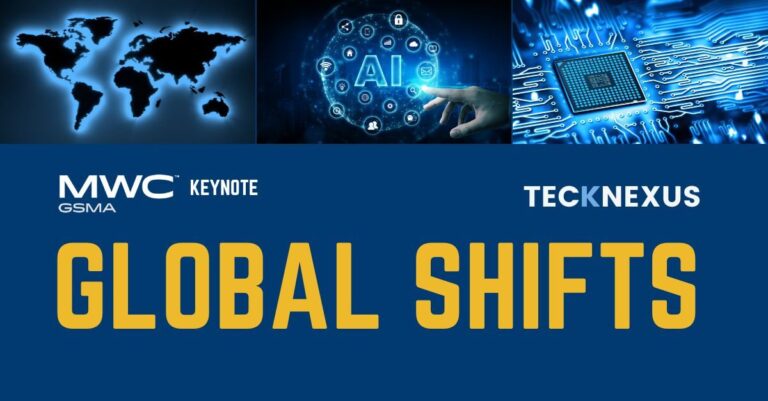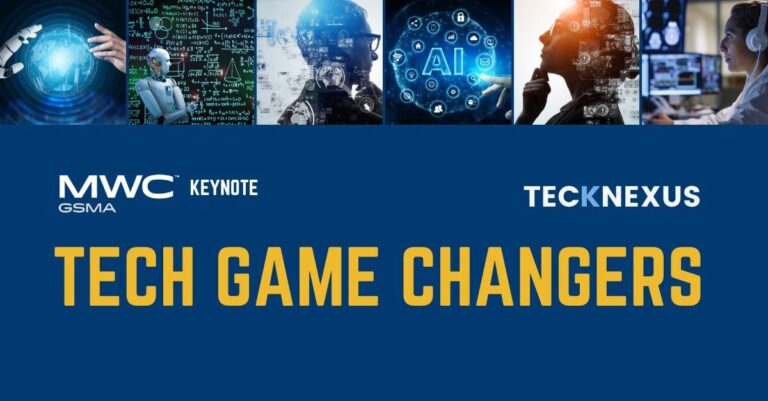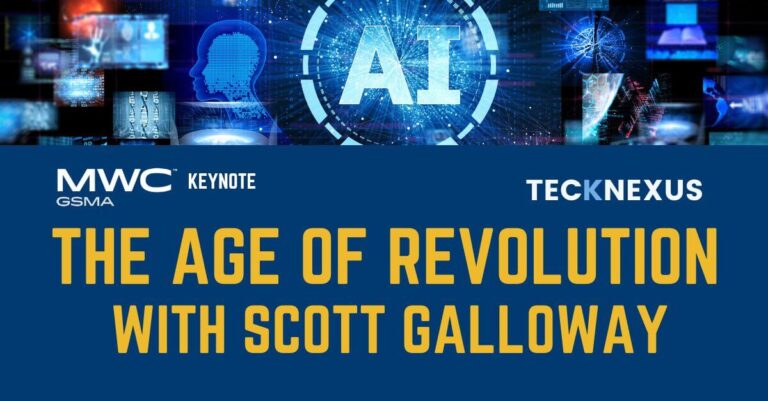OpenAI has unveiled its Economic Blueprint, a comprehensive policy proposal aimed at ensuring the United States remains a global leader in AI innovation while addressing challenges such as equitable access, national security, and economic growth. The document, described as a “living blueprint,” lays out strategic recommendations for policymakers to maximize the benefits of AI while mitigating its risks, emphasizing collaboration between the private sector and government.
Driving Economic Growth Through AI Innovation
OpenAI’s blueprint envisions a future where AI drives economic reindustrialization across the United States, creating jobs and fostering shared prosperity. It highlights the transformative potential of AI to not only bolster innovation but also strengthen infrastructure development, including data centers, chip manufacturing facilities, and power generation plants.
Sam Altman, OpenAI’s CEO, underscores the urgency of acting now, warning that without a unified approach, the U.S. risks ceding its leadership in AI to autocratic nations. “AI is too powerful to be shaped by autocrats,” the document states, urging the government to prioritize investment and policies that protect democratic values.
The blueprint outlines three key goals:
- Maintaining global leadership in AI innovation while safeguarding national security.
- Ensuring equitable access to AI tools and their benefits.
- Maximizing AI’s economic opportunities across all U.S. communities.
Lessons from the Past: Bold Policies for AI Leadership
Drawing historical parallels, OpenAI points to America’s response to the automobile revolution as a model for navigating AI’s transformative potential. While early regulations in the U.K. stifled the automobile industry, the U.S. embraced bold policies, investing in infrastructure and fostering innovation. The result was the creation of the world’s largest auto industry. OpenAI argues that similar boldness is needed to navigate the “Intelligence Age,” as AI technologies reshape industries and economies.
The blueprint stresses the importance of nationwide AI regulations, cautioning against a fragmented state-by-state approach that could hinder innovation. In 2024 alone, nearly 700 AI-related bills were introduced across states, with conflicting requirements creating regulatory uncertainty. For example, Texas’ Responsible AI Governance Act imposes strict liability requirements on developers of open-source AI models. OpenAI warns that such inconsistencies could slow down the pace of innovation.
Four Pillars for U.S. Success in AI Innovation
The blueprint identifies four critical pillars for U.S. success in AI:
- Chips: A robust semiconductor manufacturing ecosystem to meet the growing demand for AI hardware.
- Data: Infrastructure to manage the massive data requirements of advanced AI systems.
- Energy: Investment in sustainable energy sources like solar, wind, and nuclear to power next-generation server farms.
- Talent: Policies to attract, retain, and develop top AI talent domestically.
OpenAI estimates that $175 billion in global funds are awaiting investment in AI projects, emphasizing the importance of attracting this capital to the U.S. to avoid it flowing to adversarial nations such as China.
Balancing AI Innovation with Public Safety and Innovation
OpenAI calls for “common-sense rules of the road” that balance innovation with public safety. The blueprint recommends:
- Developing best practices for AI deployment to protect against misuse.
- Streamlining engagement between the AI industry and national security agencies.
- Establishing export controls to enable collaboration with allies while limiting AI access to adversarial nations.
- Creating voluntary pathways for developers to collaborate with the government on model evaluations, safety testing, and accountability measures.
These policies aim to provide clear, predictable standards that safeguard the public while fostering a competitive AI ecosystem. OpenAI warns against government overreach, advocating for rules that promote freedom and innovation rather than stifling progress.
Sustaining AI Growth with Energy and Infrastructure Investment
To support the energy-intensive nature of AI, OpenAI advocates for significant federal investment in power generation and data transmission. The company also highlights the need for new energy sources, including nuclear power, which it views as essential to sustaining the electricity demands of AI infrastructure.
OpenAI joins other tech giants like Meta and Amazon Web Services in supporting nuclear energy projects, despite challenges these companies have faced in their nuclear initiatives.
Aligning AI with Democratic Values
The blueprint emphasizes the need to shape AI in alignment with democratic principles. OpenAI urges policymakers to:
- Promote free and fair competition in the AI market.
- Protect individuals’ freedom to use AI tools while holding developers accountable for misuse.
- Prevent authoritarian regimes from using AI to oppress citizens or threaten global stability.
OpenAI also calls for international cooperation, encouraging the U.S. to lead the drafting of globally recognized standards for AI safety and security. By doing so, the U.S. can build an AI ecosystem rooted in democratic values while preventing adversarial nations from dominating the field.
Addressing Copyright and Intellectual Property Challenges
One contentious topic addressed in the blueprint is the use of copyrighted materials for training AI models. OpenAI defends the practice of training AI on publicly available data, arguing that restricting this capability would stifle innovation in the U.S. while giving other nations a competitive edge.
The company acknowledges the need to protect creators but warns that overly restrictive policies could drive AI development to less-regulated countries. OpenAI supports “sensible measures” that balance the rights of content creators with the need for AI to learn from publicly available information.
Collaborating with Policymakers for a Unified AI Strategy
OpenAI plans to work closely with policymakers, starting with a gathering in Washington, D.C., on January 30 to discuss the state of AI and its economic potential. This event will mark the launch of the company’s Innovating for America initiative, aimed at engaging states nationwide to ensure the economic benefits of AI reach all communities.
The blueprint also advocates for federal scholarships and R&D funding to support the growth of AI talent and infrastructure. OpenAI’s lobbying efforts have increased significantly, with the company tripling its expenditures in 2024 to $800,000, reflecting its commitment to shaping U.S. AI policy.
Conclusion: Building a Prosperous AI Future
OpenAI’s Economic Blueprint lays out a bold vision for ensuring the United States remains a global leader in AI innovation. By investing in infrastructure, talent, and sustainable energy, and by adopting clear, nationwide policies, the U.S. can unlock the transformative potential of AI while safeguarding public interests.
As OpenAI CEO Sam Altman puts it, “The U.S. really needs to lead AI.” With a collaborative approach between government and industry, the blueprint envisions a future where AI benefits all Americans, driving economic growth, innovation, and shared prosperity.






